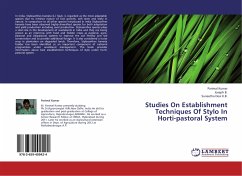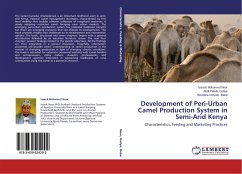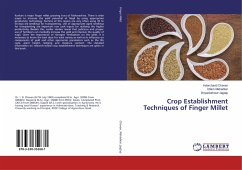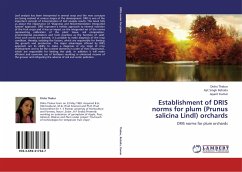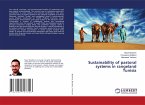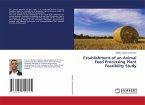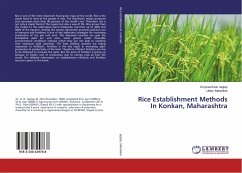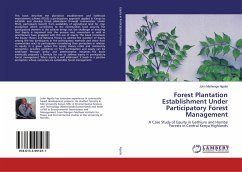In India, Stylosanthes hamata (L.) Taub. is regarded as the most adaptable species due to intrinsic nature of fast growth, soft stem and leafy in nature. In comparison to all other species introduced in India Stylosanthes hamata have been observed highly diversified species for both adaptation and yield production including seed production. Stylosanthes species plays a vital role in the development of wastelands in India and they are being grown as an intercrop with food and fodder crops as pastoral, agro-pastoral and silvipastoral systems to improve the soil fertility and soil conservation and to provide additional forage. It is also considered a nurse crop in plantation on degraded lands. Therefore, Stylosanthes hamata fodder has been identified as an important component of national programmes under wasteland management. This book provides information about best establishment techniques of stylo under horti-pastoral system.
Bitte wählen Sie Ihr Anliegen aus.
Rechnungen
Retourenschein anfordern
Bestellstatus
Storno

